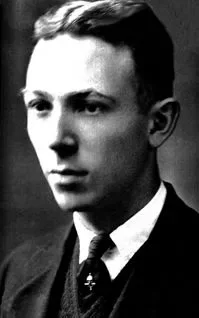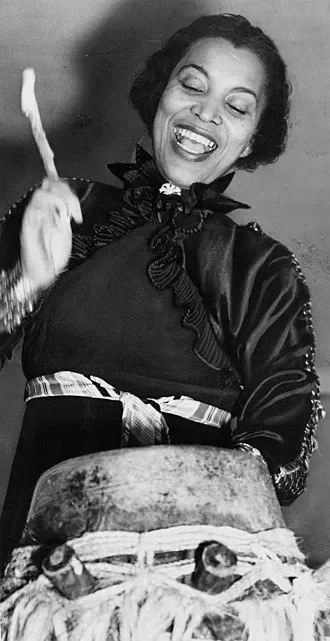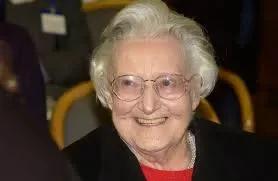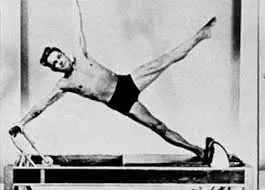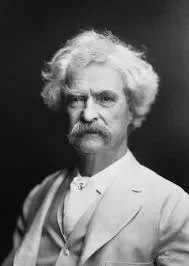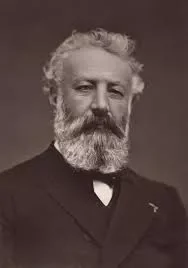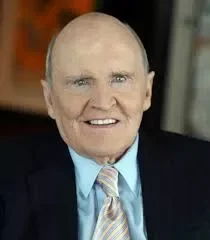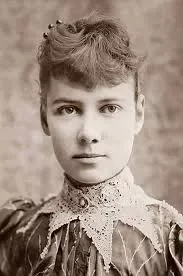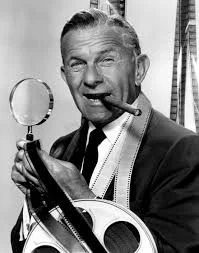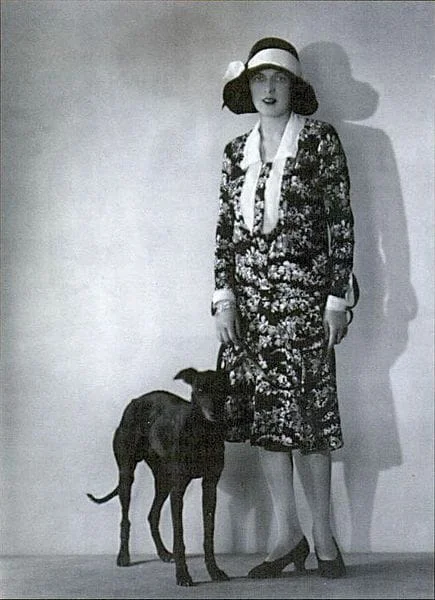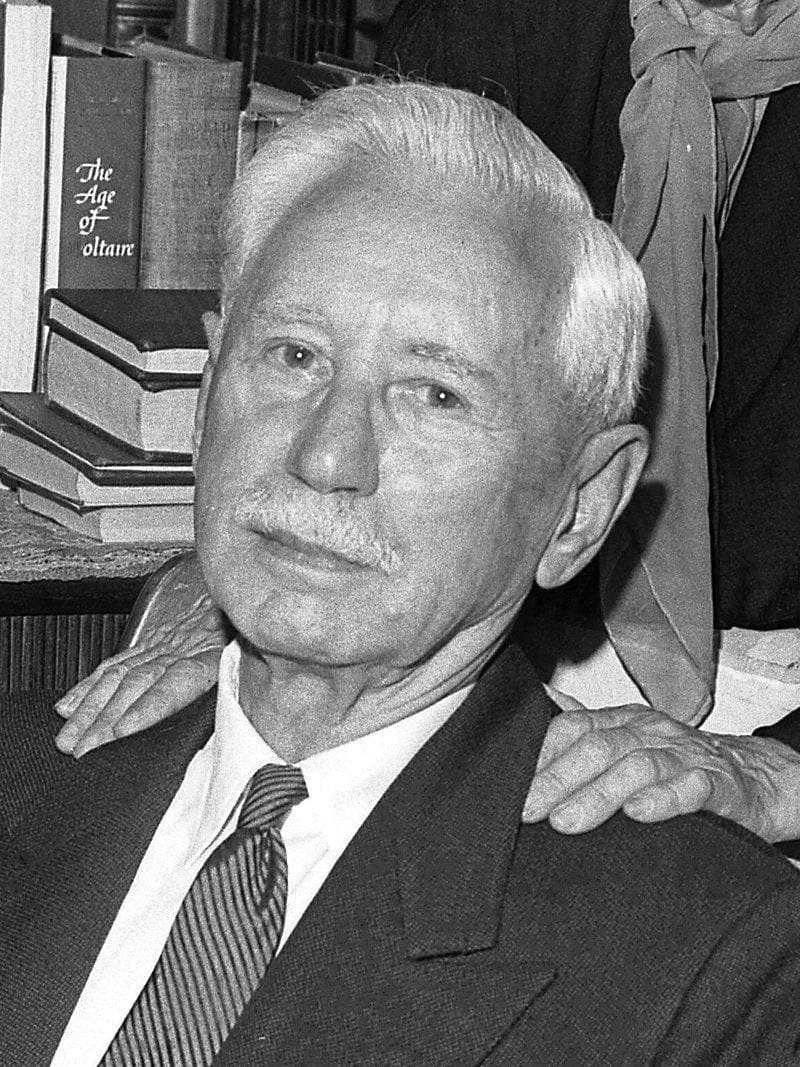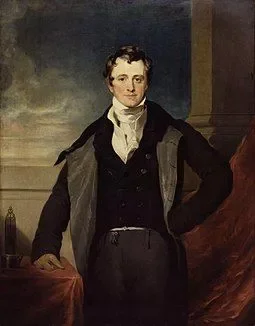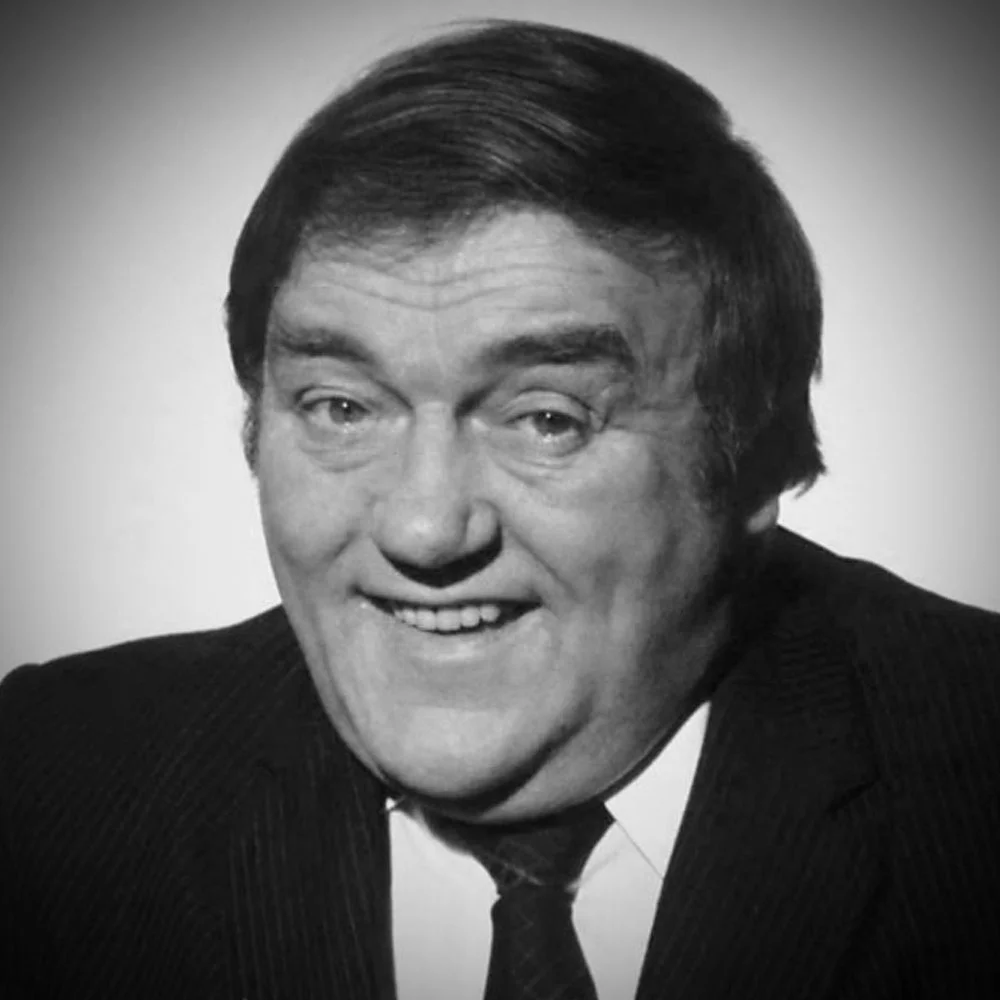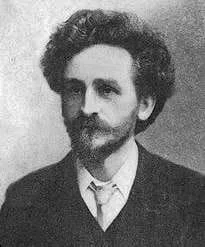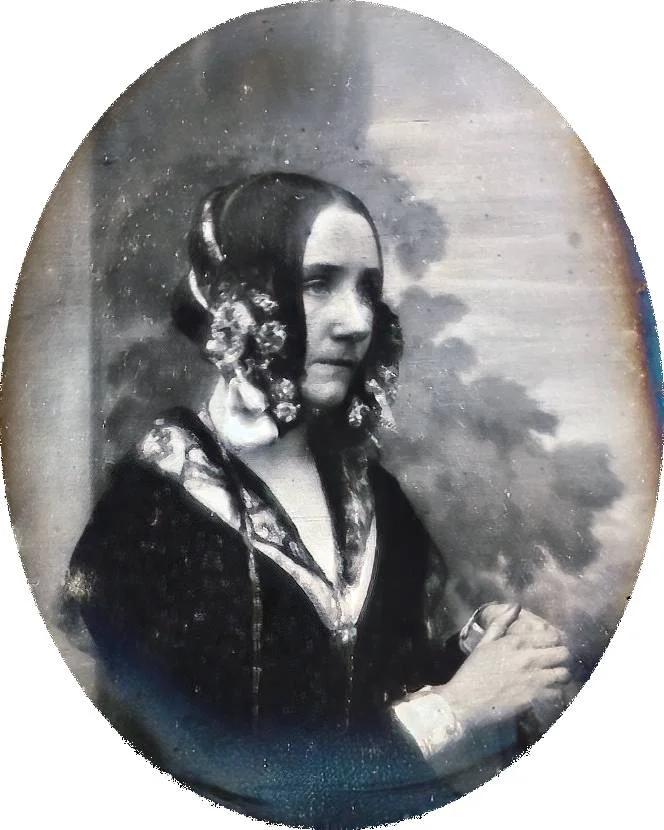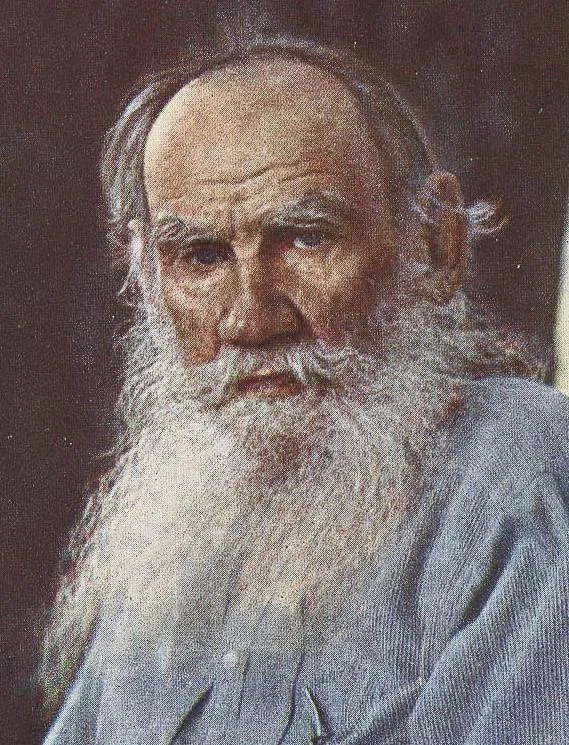Real Celebrities Never Die!
OR
Search For Past Celebrities Whose Birthday You Share
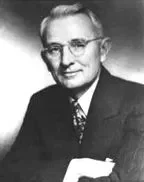
source:wikimedia.org
Dale Carnegie
Birthday:
24 Nov, 1888
Date of Death:
01 Nov, 1955
Cause of death:
Hodgkin’s disease
Nationality:
American
Famous As:
Lecturer
Age at the time of death:
66
Dale Carnegie's Quote's
Early Life : Humble Beginnings on a Missouri Farm
Dale Carnegie was a trailblazing American writer and lecturer whose insights into self-improvement, corporate training, public speaking, and interpersonal skills transformed countless lives. His books, particularly How to Win Friends and Influence People and How to Stop Worrying and Start Living, became essential guides for personal and professional success, shaping the fields of communication and leadership development.
Born in 1888 in Maryville, Missouri, Carnegie grew up on a rural farm, where he developed a strong work ethic and a keen interest in human behavior. His early education took place in rural schools, and he later attended State Teacher’s College in Warrensburg, Missouri, graduating in 1908. Though he initially pursued a career in sales, working for Armour & Company, his passion for public speaking and self-improvement soon led him down a different path.
Career: A Journey of Discovery and Reinvention
In 1911, Carnegie left his sales job to pursue his dream of becoming a Chautauqua lecturer, inspiring audiences with engaging speeches on personal development. He briefly studied acting at the American Academy of Dramatic Arts in New York but soon realized that his true gift lay not in acting but in teaching people how to communicate effectively. His breakthrough came when he began teaching a public speaking course at the YMCA, where he discovered his knack for helping others overcome their fear of speaking and build confidence.
Recognizing the demand for such skills, Carnegie developed his own course on human relations and public speaking, traveling across the country to teach and refine his methods. His classes quickly gained popularity, attracting business professionals eager to improve their communication skills.
Literary Success and Lasting Influence
In 1934, Simon & Schuster approached Carnegie to turn his teachings into a book. The result was How to Win Friends and Influence People, published in 1936. The book became an instant bestseller, offering practical strategies for building relationships, winning people over, and achieving success through effective communication. Its impact was profound, making Carnegie a household name in personal development.
Carnegie followed this success with other influential works, including How to Stop Worrying and Start Living, which provided guidance on managing stress and leading a more fulfilling life, and Lincoln the Unknown, a biography of Abraham Lincoln. His writing and teachings focused on practical, actionable advice rooted in understanding human nature and fostering genuine connections.
Personal Life
Carnegie was married and divorced before he later married his former secretary, Dorothy Price Vanderpool in 1944. Vanderpool was also a divorcee who had a daughter from her previous marriage. Vanderpool and Carnegie had a daughter together.
The Dale Carnegie Institute and Enduring Legacy
Determined to expand his reach, Carnegie founded the Dale Carnegie Institute, which continues to offer training programs based on his principles. His methods have influenced generations of professionals, from business leaders to public speakers, ensuring his legacy endures in the modern world.
Carnegie passed away in 1955 at the age of 66 from Hodgkin’s disease and was laid to rest in Belton, Missouri. Yet, his influence lives on, as his books remain widely read and his courses continue to empower individuals worldwide. Dale Carnegie’s teachings remind us that success is not just about talent or ambition but about understanding people, building meaningful relationships, and mastering the art of communication.
Name:
Dale Carnegie
Popular Name:
Dale Carnegie
Gender:
Male
Cause of Death:
Hodgkin’s disease
Spouse:
Place of Birth:
Maryville, Missouri, U.S.
Place of Death:
Forest Hills, New York, U.S.
Occupation / Profession:
Personality Type
Entrepreneur: Smart, energetic and very perceptive people, who truly enjoy living on the edge. Dale Carnegie always had an impact on his surroundings. He didn’t shy away from speaking in public and on stage.
After a failed attempt at pursuing an acting career, he returned to the YMCA.
Carnegie quit his sales job to finally pursue his dream of becoming a Chautauqua lecturer but he joined the American Academy of Dramatic Arts instead.
Dale Carnegie worked various other jobs before becoming a successful writer.
He changed his name from Carnagey to Carnegie after steel magnate Andrew Carnegie.
He convinced his YMCA manager to let him instruct a class on public speaking for 80% of the net proceeds.
He ran out of material in his very first session and asked students to speak about “something that made them angry”. This helped him uncover the technique that made speakers unafraid to address a public audience.
Developed groundbreaking courses in public speaking, salesmanship, and interpersonal skills.
Established the Dale Carnegie Institute, which expanded to 750 branches in 15 countries during his lifetime.
Pioneered the fields of adult education and self-improvement.
Published the bestselling book “How to Win Friends and Influence People” in 1936, which has sold over 15 million copies worldwide and remains popular today.
Trained over 450,000 people in his courses by the time of his death.

